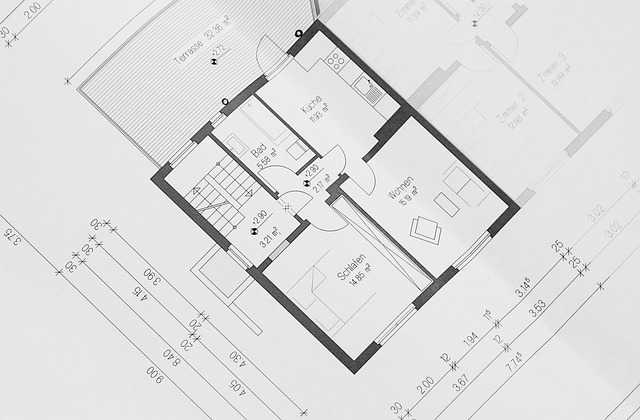In real estate, a reserve price acts as a safety net for sellers, setting a minimum sale price based on property condition, market trends, and financial goals. It helps buyers strategize offers transparently within a range, promoting fair transactions and trust. Setting a competitive reserve price involves analyzing comparable sales and unique property attributes to maximize revenue while attracting genuine buyers.
In today’s competitive real estate market, setting a reserve price is an effective strategy to protect property values and ensure fair transactions. This article guides you through the intricacies of understanding and implementing reserve prices. We explore the benefits, from attracting qualified buyers to avoiding underpriced sales, and provide insights into determining the optimal reserve for your property. Whether you’re a seller or agent, these strategies will empower you to navigate the market successfully.
Understanding Reserve Prices in Real Estate

In real estate, a reserve price is a predetermined minimum sale price set by the seller to ensure they receive a fair return on their investment. It acts as a protective mechanism, preventing sellers from accepting an offer below their expected value. Understanding this concept is crucial for both buyers and sellers in the competitive real estate market.
When setting a reserve price, sellers consider various factors such as property condition, market trends, comparable sales, and their personal financial goals. This strategic approach allows them to maintain control over the transaction while attracting genuine buyers willing to meet or exceed the reserve. For buyers, knowing the reserve price provides valuable insights into the seller’s expectations, helping them adjust their offers accordingly and avoid unnecessary negotiations.
Benefits of Setting a Reserve Price

Setting a reserve price in real estate transactions offers several advantages for both sellers and buyers. One of its primary benefits is ensuring that the selling price aligns with the asset’s true market value, protecting both parties from potential overpricing or undervaluation. This is particularly crucial in competitive markets where multiple offers might drive prices beyond what is fair or sustainable. By establishing a reserve price, sellers can maintain control while buyers gain transparency, knowing their offer falls within a predetermined range.
Additionally, a reserve price acts as a safeguard against impulsive decisions driven by emotional attachment to the property. It encourages a more rational approach to pricing, focusing on the asset’s inherent value rather than subjective sentiments or short-term market trends. This balance promotes fair transactions and fosters trust between buyers and sellers in an often high-stakes real estate environment.
Strategies for Determining the Optimal Reserve Price

Setting a reserve price is a strategic move in real estate that can significantly impact the outcome of a sale. The optimal reserve price should be determined through a careful analysis of various factors, ensuring it’s not too high or too low. One effective strategy is to study recent comparable sales within the same market, considering properties with similar characteristics and locations. This provides a benchmark for what buyers are willing to pay in that area.
Additionally, understanding the specific asset’s unique features and benefits can help set a competitive reserve price. In real estate, location is key; a property’s proximity to amenities, schools, or transportation hubs can increase its desirability. Similarly, unique architectural designs, renovated conditions, or extra-large lots may warrant a higher reserve, as these attributes often attract a broader range of buyers and command premium prices.






